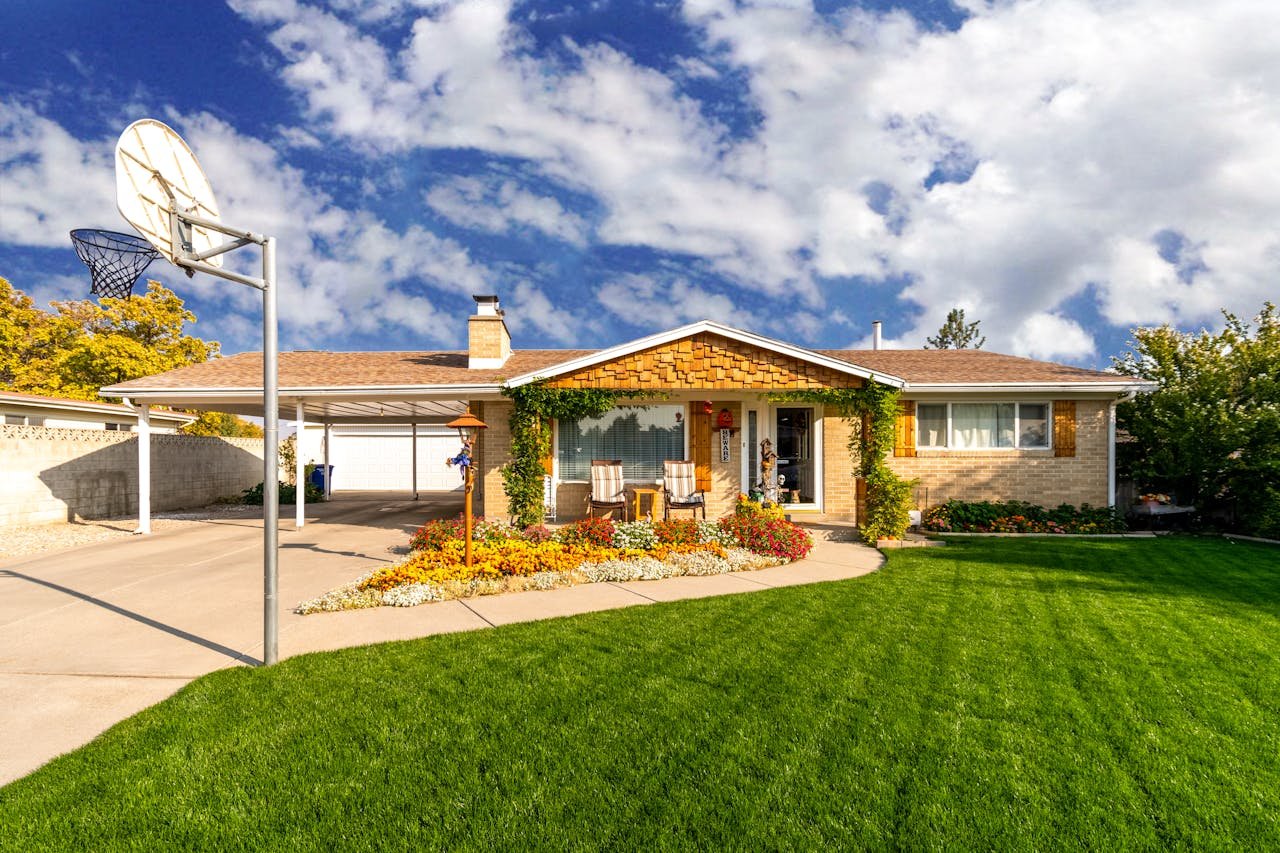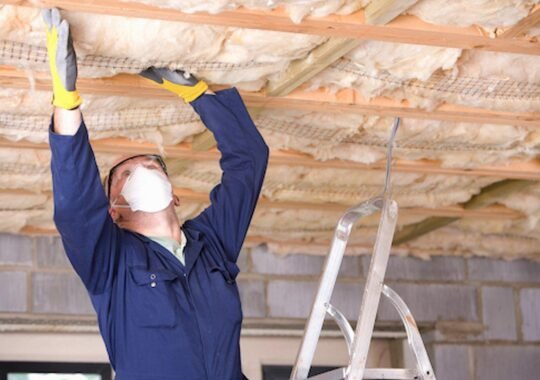Buying a home is a big deal—and for most people, it’s a dream come true. You save up for the down payment, get excited about decorating, and finally have a place that’s yours. But once the paperwork is done and the keys are in your hand, reality starts to settle in.
Sure, you knew about the mortgage. Maybe you even planned ahead for moving costs and some new furniture. But what about the expenses no one warns you about? The ones that pop up months later and leave you wondering where all your money went?
If you live somewhere with long, hot summers—like Columbia, SC—you’ll notice pretty quickly that comfort can come at a price. It’s not just the big stuff either. A lot of small costs can slowly pile up, and before you know it, your budget feels tight. Let’s break down some of those hidden costs you might not be budgeting for—but definitely should.
System Breakdowns and Unexpected Repairs
No matter how new or well-maintained a home is, systems eventually need attention. HVAC units, plumbing lines, water heaters, and electrical panels all require care to keep them running smoothly. When one of these starts acting up, it’s best to take action quickly instead of waiting for it to get worse.
That’s why it’s helpful to stay ahead of repairs and schedule maintenance as soon as something seems off. For example, if your AC isn’t cooling the way it used to, it might be time for a quick tune-up. Many homeowners choose AC repair in Columbia, SC, to keep their systems working efficiently, especially during the summer months. Getting small issues checked out early helps prevent bigger problems later, and keeps your home comfortable when it matters most.
Setting aside a little for routine upkeep makes it easier to stay on top of home repairs without stress. A little planning now saves you time, energy, and future headaches.
Property Taxes and Assessment Increases
Property taxes are usually talked about during the buying process, but what many homeowners don’t realize is how much they can change year to year. Local governments update property assessments, and when your home’s value goes up—even if it’s just on paper—your taxes often follow.
If there’s new development in your area or improvements in infrastructure, that could raise your home’s assessed value. It’s not something you can control, and it’s rarely predictable. Budgeting based on your current tax rate might leave you short when the bill arrives next year. Planning for small yearly increases can help keep you covered.
Lawn Care and Landscaping
Curb appeal doesn’t stop being important after you move in. Grass still grows, weeds still pop up, and shrubs need trimming. Whether you handle it yourself or hire help, keeping your yard in shape isn’t free.
If you’re doing it on your own, there are tools to buy, gas to refill, and fertilizer to spread. And if you hire a service, that’s a monthly bill that doesn’t go away. Tree trimming, seasonal clean-ups, and sprinkler maintenance are other costs people often forget about until they become necessary.
Over time, all of it adds up—especially if you want your home to look as good as the day you bought it.
Pest Control and Prevention
Bugs and rodents are more than just annoying. They can damage your home, chew through wires, and create health problems. The trouble is, even if you don’t see pests right now, that doesn’t mean they’re not around—or won’t show up soon.
Many homeowners wait until they have a problem to call pest control. By then, the cost is higher, and the damage might already be done. Preventive treatments a few times a year can help avoid infestations, but those aren’t cheap either.
It’s one of those expenses that doesn’t feel urgent—until it suddenly is. Budgeting for routine pest control makes it easier to handle when the time comes.
Appliance Repairs and Replacements
Most people expect their major appliances to last a while, and they usually do. But “a while” still comes with a limit. Refrigerators, ovens, dishwashers, and washing machines all wear out eventually. Even when they don’t completely stop working, small repairs can cost more than you think.
A broken dryer belt or leaking dishwasher seal isn’t fun to deal with, and replacing a part might only buy you time. Sometimes, it’s more cost-effective to replace the whole thing. If that happens without warning, you could be looking at a four-figure bill just to get your kitchen or laundry room back in order.
Having a small savings fund for appliance needs is one of the smartest things a homeowner can do.
HOA Fees and Rule-Related Costs
If your neighborhood has a homeowners association (HOA), you probably know about the monthly or yearly fees. But there’s more to it than just paying dues. HOAs often have strict rules about paint colors, landscaping, and even fence design. If you break a rule—knowingly or not—you could face fines or be required to make changes.
Some HOAs raise fees each year, especially if the community adds new amenities or needs repairs. You may also be responsible for shared costs, like gate maintenance or pool repairs, through special assessments.
Even if your HOA fees seem reasonable now, it’s smart to expect them to grow over time—and to be ready for random expenses tied to compliance.
Owning a home comes with freedom, but it also comes with responsibilities that aren’t always obvious at first. The best way to stay ahead is by preparing for the costs you don’t hear about during the buying process. These hidden expenses might not be monthly bills, but they show up often enough to matter. When you plan for them, you’ll feel more in control—and less surprised—when something unexpected happens.
Budgeting for the things you don’t see coming can make homeownership feel a lot less stressful. And the more you prepare, the better your home will take care of you in return.





